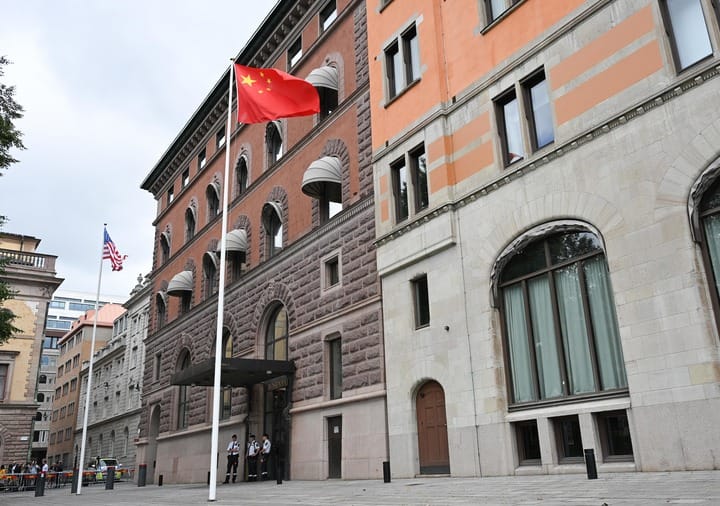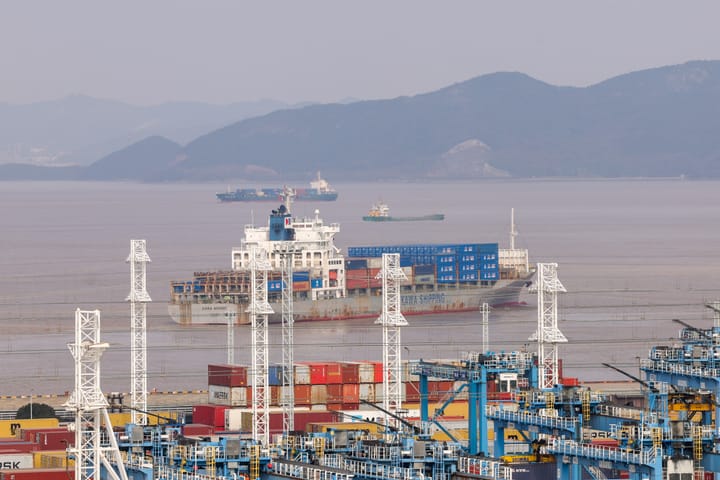China Is Simpler Than You Think: Why Does the U.S. Keep Misjudging?

By Ryan Yeh
An increasing number of disclosures from U.S. government officials and leading scholars indicate that Trump gravely misjudged China. The president believed that by imposing sufficiently high tariffs – given China’s large trade surplus with the U.S.—it would quickly capitulate. At that point, the U.S. could then aggressively dictate terms to China.
What Washington never anticipated was that Beijing not only retaliated but struck back even harder, including imposing export restrictions on rare earth materials to the U.S. These measures clearly went beyond reciprocal tariff sanctions, representing additional punitive actions by China. Beijing’s series of countermeasures left the U.S. struggling on multiple fronts.


